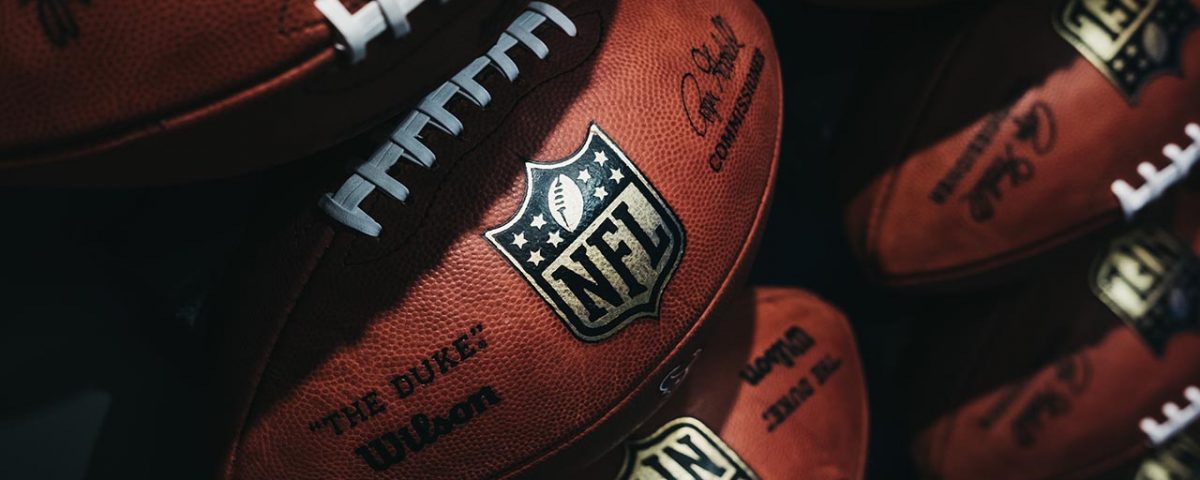Football is one of the toughest contact sports, and this contact has resulted in countless injuries for NFL players.
While over the counter pain medications like ibuprofen or amoxicillin may have helped players in the past, increasingly potent opioids are the new mainstay for treating pain related to football injuries and surgeries. The prevalence of painkillers has led to opioid addiction among players and former players.
The opioid use statistics in the NFL are frightening, with over 52% of surveyed retired players reporting opioid use during their career and 71% reporting misuse of opioids.1 The NFL addiction problem isn’t just prevalent among retired players; former player Calvin Johnson told ESPN how “team doctors and trainers…were giving [opioids] out like candy,” in locker rooms and at trainings. 2 So, what can be done about the NFL painkiller problem?
Opioid Addiction in the NFL
There are many factors fueling the NFL addiction problem. One big culprit is the culture, with players justifying their painkiller habits because the painkillers helped them keep the paychecks coming. Multiple lawsuits and cases show that players were given painkillers relatively freely without warning about the “destructiveness of the painkillers they were given.”3,4 Historically, players have been given painkillers throughout their careers to cope with their injuries and pain, but upon retirement, this constant stream of pills dries up, which can be the perfect storm for retired addicted NFL players.
The NFL painkiller problem increases the risk of widespread opioid addiction in the NFL. Most players require higher doses of opioids than the average person, which can push addictions faster. Coupled with a ‘warrior’ mentality and stigmas surrounding addiction, many players hesitate to get the help they need. 3
Treating Addicted NFL Players and the NFL Addiction Problem
New programs are in development by former NFL players and leaders to help current and former players get support for recovery. Reducing the stigmas surrounding recovery can help many players overcome their own personal hurdles and enter prescription pill addiction treatment programs. Developing lawsuits and possible state-level investigations into painkiller distribution practices may help curtail addiction problems for future players.
If you or a loved one is struggling with addiction to painkillers or opioids, help is waiting. Call 888-280-4763 to speak with an intake counselor from our team.
Sources:
- NCBI - Injury, Pain, and Prescription Opioid Use Among Former National Football League (NFL) Players
- ESPN - Calvin Johnson tells E:60 he had his 'fair share' of concussions
- New York Times - For N.F.L. Retirees, Opioids Bring More Pain
- Washington Post - Appeals court resurrects ex-players’ painkiller lawsuit against the NFL








